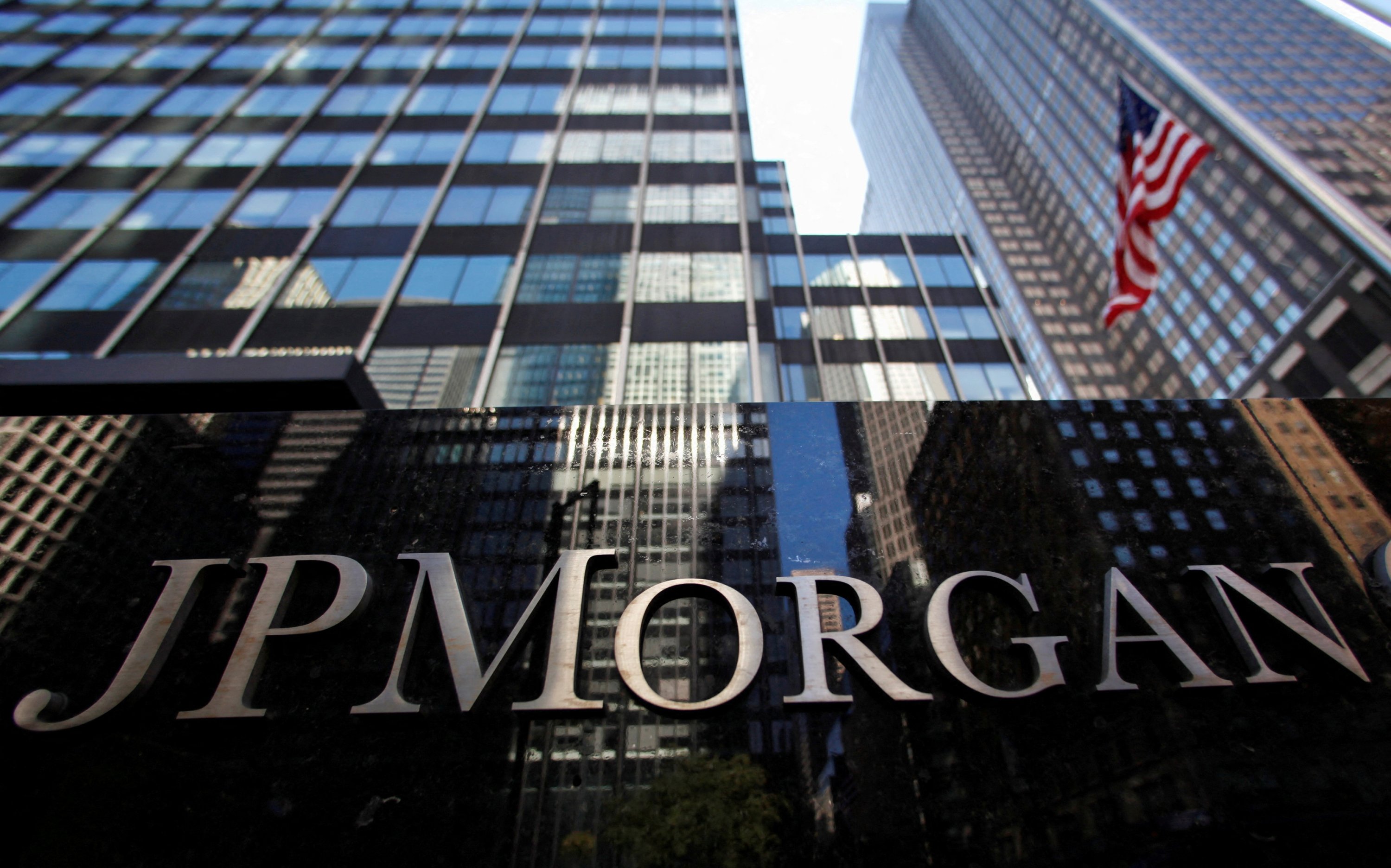JPMorgan Warns of Global Recession Risk if Tariffs Persist
Investments Indian InvestmentsPosted by NewAdmin on 2025-04-04 08:47:15 |
Share: Facebook | Twitter | Whatsapp | Linkedin Visits: 73

JPMorgan has raised concerns about the possibility of a global recession if the recently announced tariffs by the Trump administration remain in place. The investment bank's chief economist, Bruce Kasman, noted that the likelihood of a global recession in 2025 has increased to 60 percent, up from the previous estimate of 40 percent. According to Kasman, the tariffs could be the most significant tax hike on US households and businesses since 1968, potentially leading to severe economic consequences.
The economic impact of these tariffs could be far-reaching, affecting not only the US but also the global economy. Kasman pointed out that the negative effects of the tax hike could be intensified by potential retaliation from trading partners, a decline in US business sentiment, and disruptions to supply chains. The tariffs announced by President Donald Trump have already sent shockwaves through global financial markets, with the S&P 500 suffering its worst single-day drop since 2020. Several Wall Street firms have also expressed concerns about an impending recession, with some making it their base case scenario following the announcement.
Despite these warnings, JPMorgan is not immediately revising its economic forecasts. The bank wants to monitor the initial implementation of the tariffs and the subsequent negotiations before making any adjustments. Kasman emphasized that the full implementation of these tariff policies would represent a significant macroeconomic shock that has not yet been factored into the bank’s forecasts. However, the potential for a recession remains a prominent risk if the measures are sustained over time.
President Trump has hinted at the possibility of reducing tariffs if trading partners come up with favorable offers. Speaking from Air Force One, he stated that he is open to reconsidering the levies if something "phenomenal" is proposed. However, the uncertainty surrounding the tariffs and their potential economic fallout continues to weigh heavily on financial markets and investor sentiment. As of now, the situation remains fluid, and economists are closely watching how the policy unfolds and whether negotiations can mitigate the potential economic damage.
Search
Categories
Recent News
- Drug Scandal Shocks Telangana's Medical Community
- Bihar's Medical Marvel: 10kg Tumour Extraction Saves a Life
- Adobe's Firefly: Unlocking Creative AI for Paid Users
- Defence Giant HAL's Shares Plummet Amidst Fighter Jet Competition
- Apollo Tyres Gears Up for India's Cricket Journey
- Drug Scandal: BRS Leader's Kin Questioned, Released
- Dreamliner Radar Glitch Grounds Delhi-Bound Flight
- Deputy CM Pawan Kalyan's State Tour: Prioritising People's Welfare